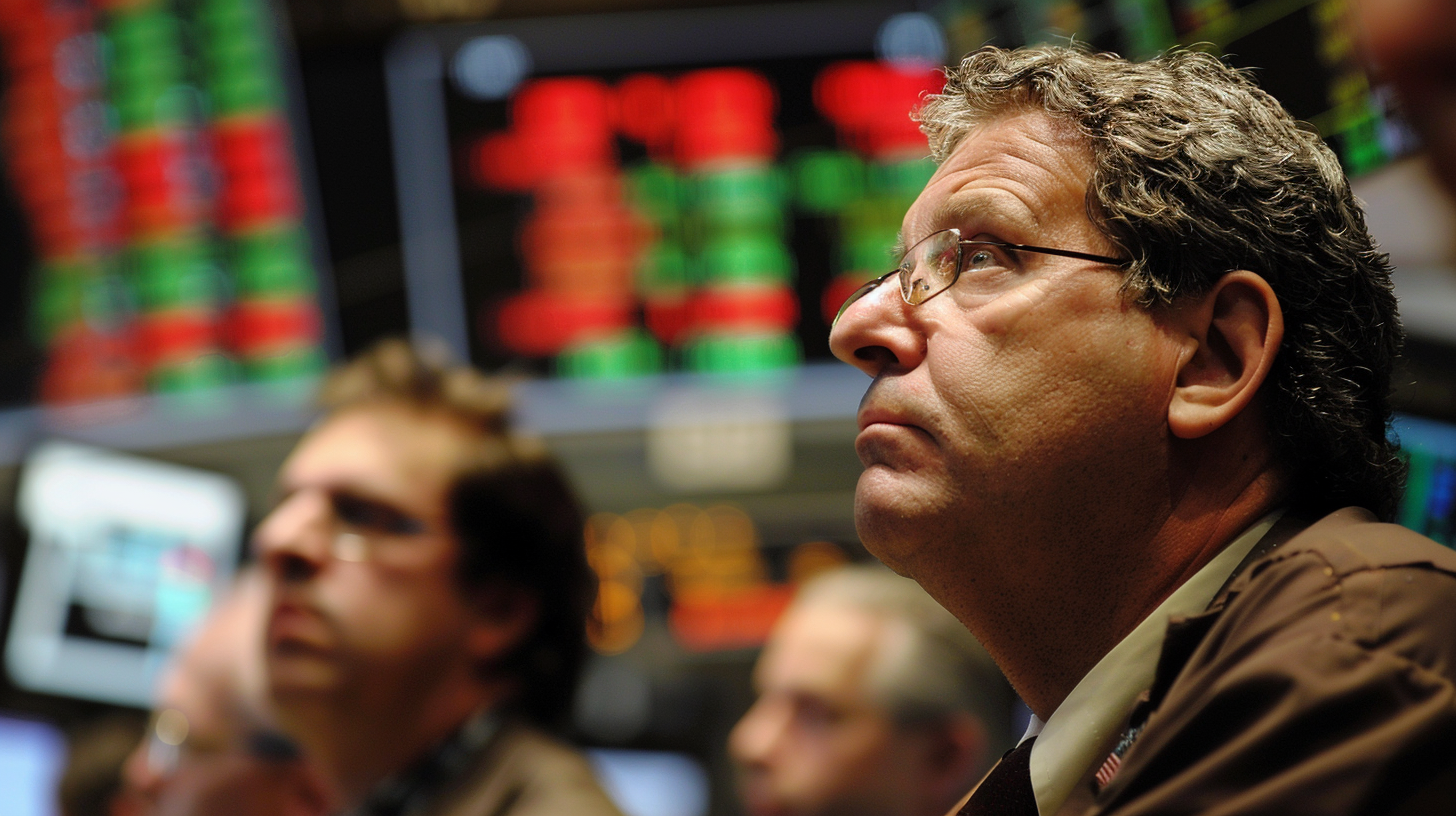The Psychological Impact of T+1 on Traders and Trading Behavior
3 min read
Emotional Trades: Understanding the Psychological Dynamics of T+1
The transition to a T+1 (Trade Date plus One Day) settlement cycle represents a significant evolution in the trading landscape, with the potential to not only streamline operational efficiency but also deeply influence the psychological dynamics of trading behavior. This shift, reducing the settlement period by a day, may seem technical at first glance, but its implications on trader psychology, decision-making, and overall trading strategies are profound and multi-faceted.
Accelerated Decision-Making
The shortened settlement cycle inherently demands quicker decision-making from traders. The reduced timeframe amplifies the pressure on traders to perform due diligence and execute trades with a heightened sense of urgency. This acceleration could lead to an increase in cognitive load, potentially affecting decision quality. Traders may rely more heavily on heuristic methods of decision-making, such as following trends or using simple rules of thumb, rather than in-depth analysis.
Increased Stress Levels
The T+1 settlement cycle intensifies the trading environment, possibly elevating stress levels among traders. The pressure to make rapid decisions, combined with the increased volume of transactions that can be processed in a shorter timeframe, could exacerbate stress, leading to decision fatigue. This environment may test the emotional resilience of traders, influencing their risk tolerance and potentially encouraging more conservative trading strategies to manage stress.
Impact on Risk Perception
 The perception of risk among traders is likely to evolve in a T+1 landscape. With less time to absorb and react to market news and events, traders might perceive higher operational and market risk. This heightened sense of risk could lead to more cautious trading behavior, with a greater emphasis on risk management practices. Conversely, some traders might view the accelerated cycle as an opportunity to capitalize on market movements more swiftly, potentially increasing speculative trading.
The perception of risk among traders is likely to evolve in a T+1 landscape. With less time to absorb and react to market news and events, traders might perceive higher operational and market risk. This heightened sense of risk could lead to more cautious trading behavior, with a greater emphasis on risk management practices. Conversely, some traders might view the accelerated cycle as an opportunity to capitalize on market movements more swiftly, potentially increasing speculative trading.
Effects on Trading Strategies
The move to T+1 necessitates a reevaluation of existing trading strategies. Strategies that rely on the availability of funds or securities might need to be adjusted to accommodate the reduced settlement period. Arbitrage strategies, in particular, may be impacted, as the window for exploiting price discrepancies between markets narrows. Additionally, the shorter cycle could influence the attractiveness of day trading and high-frequency trading strategies, potentially increasing their feasibility and appeal.
Behavioral Biases
The psychological effects of a T+1 settlement cycle might exacerbate certain behavioral biases. The pressure for quick decision-making could amplify biases such as overconfidence, where traders overestimate their ability to process information and make accurate predictions in a shorter timeframe. Similarly, the availability heuristic, where traders rely on the most readily available information, might become more pronounced, affecting the depth and breadth of market analysis conducted.
Investor Psychology and Market Sentiment
The collective psychological impact of T+1 on traders could influence overall market sentiment. A market dominated by traders under stress and operating under heightened risk perception might exhibit increased volatility. Alternatively, if the market adapts positively, viewing the shorter settlement cycle as an efficiency gain, we could see enhanced liquidity and a more dynamic trading environment.
Adapting to Change
The transition to T+1 represents an adaptive challenge for traders, requiring not only changes in operational processes but also adjustments in psychological and behavioral approaches to trading. Firms may need to invest in training and support mechanisms to help traders navigate the new landscape effectively, emphasizing the development of rapid analytical skills, stress management techniques, and adaptive trading strategies.
Conclusion
 The shift to a T+1 settlement cycle stands at the intersection of operational efficiency and psychological complexity. Its impact on traders extends beyond mere changes in transaction speed, delving into the depths of human behavior, decision-making processes, and market dynamics. As the industry navigates this transition, understanding and addressing the psychological implications will be crucial for traders to adapt, thrive, and maintain a competitive edge in the fast-evolving world of finance.
The shift to a T+1 settlement cycle stands at the intersection of operational efficiency and psychological complexity. Its impact on traders extends beyond mere changes in transaction speed, delving into the depths of human behavior, decision-making processes, and market dynamics. As the industry navigates this transition, understanding and addressing the psychological implications will be crucial for traders to adapt, thrive, and maintain a competitive edge in the fast-evolving world of finance.